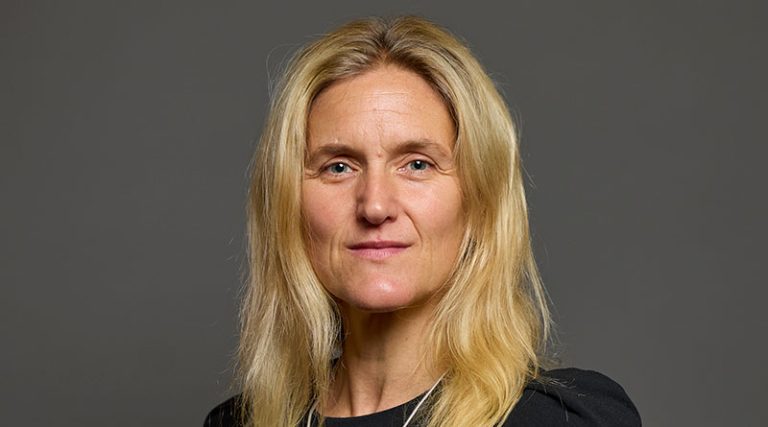Kim Leadbeater MP has confirmed she will support an amendment to the Terminally Ill Adults (End of Life) Bill which would require an assessment of current palliative and end of life care provision within 12 months of the Bill passing.
Marie Curie, the UK’s largest charitable provider of palliative and end of life care, suggested the amendment which would require the government to publish an assessment of the current availability, quality and distribution of palliative and end of life care services.
The amendment—put forward by Liberal Democrat MP Munira Wilson and supported by over 20 MPs—aims to reflect the concerns of those who worry that any move toward legalising assisted dying must not come at the expense of compassionate and high-quality care for the terminally ill.
Yesterday, Kim Leadbeater MP met with and wrote to Marie Curie’s Chief Executive Matthew Reed to confirm her support for the amendment (amendment 21).
Marie Curie Chief Executive, Matthew Reed, said:
“Major funding issues, workforce shortages, a postcode lottery for access to services, huge gaps in out of hours care and an aging population – palliative and end of life care in the UK is in crisis.
“We are grateful to Munira Wilson MP for working with us and tabling this amendment to require an assessment of existing end of life care provision, and to Kim Leadbeater MP for confirming that she too will now support it.
“Marie Curie is firmly neutral on the matter of assisted dying, but we are far from neutral on the urgent need to improve palliative and end of life care.”
“And while on its own, this amendment would not guarantee any improvements to palliative and end of life care, understanding what provision is currently available, and where, is a crucial step towards the UK and Welsh governments taking action to ensure everyone who needs palliative care is able to access it.”
“As the UK Government prepares to publish its 10 Year Health Plan for England next month, Marie Curie will continue to call for a national palliative care strategy, supported by minimum quality standards, and funding that will enable the transformation of end of life care services across our country – regardless of whether or not the Bill progresses.”
Although legislation on assisted dying in England and Wales is a matter for the UK parliament, if the Bill becomes law it will affect public services in Wales, including end of life care, which is the responsibility of the Senedd and the Welsh Government.
Jon Antoniazzi, Marie Curie Associate Director Policy & Public Affairs Wales, added:
“End of life care in Wales is at breaking point and we need urgent action from the Welsh Government to transform the system. As this Bill progresses through parliament, further work should be undertaken to make sure any assessment of palliative care takes account of devolution and the appropriate responsibilities of the UK and Welsh governments.”
Ms Leadbeater said: “I am fully committed to ensuring that people who are at the end of their lives receive the care, dignity and support they deserve,” she said. “I share Marie Curie’s view that high-quality palliative care and discussions around assisted dying are not mutually exclusive.”
The Assisted Dying Bill passed an earlier stage in Parliament with a modest majority and remains a subject of open debate, with MPs allowed a free vote. Several changes have already been made to the draft legislation, including the replacement of judicial approval with a panel of clinical experts for certain decisions.
Health Secretary Wes Streeting has previously expressed concerns about the readiness of the NHS to accommodate such changes, highlighting the importance of ensuring that any policy shift is supported by a health service that can meet the needs of vulnerable individuals.





